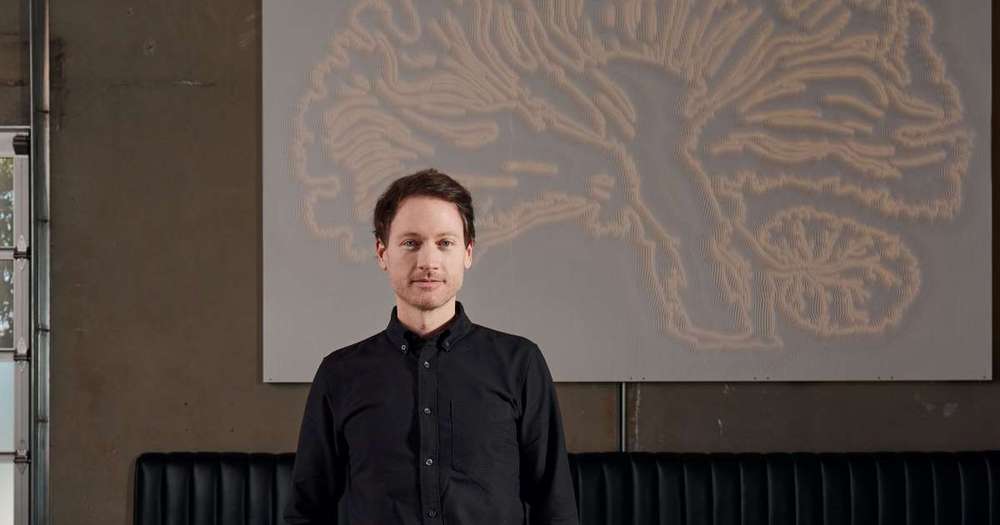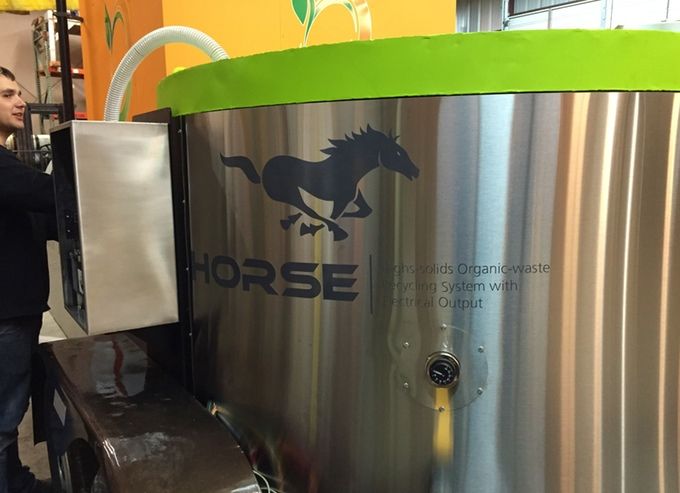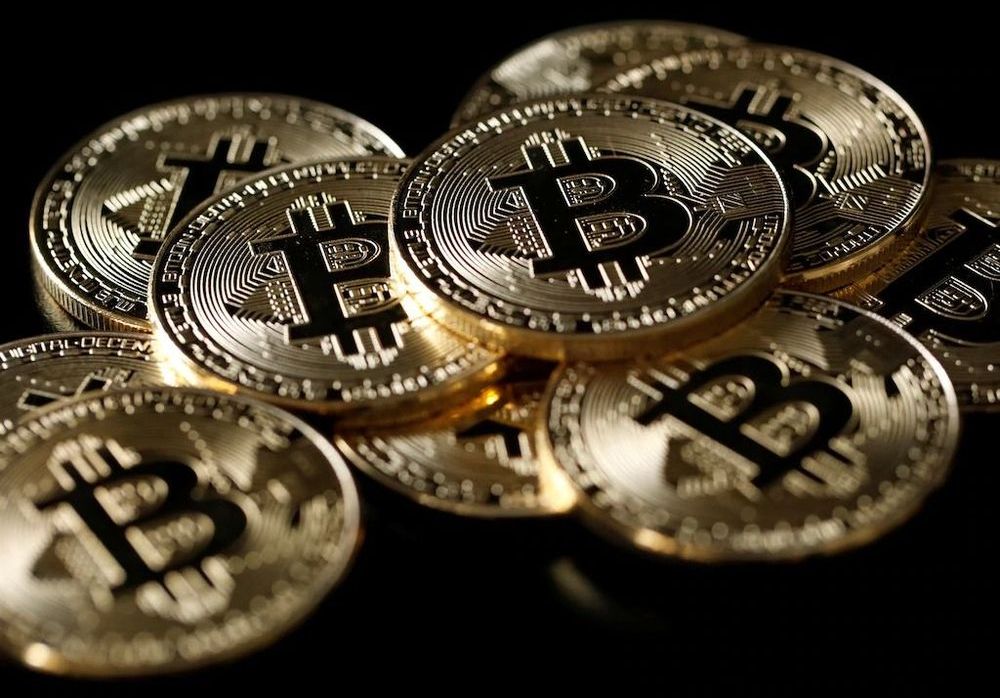I shared about this startup in January, now it’s hitting US Markets. The Israeli startup Sonovia, which sped up efforts to manufacture masks using its anti-pathogen fabric at the start of the coronavirus crisis in Israel, has launched commercial sales.
“When coronavirus started, we were an Israeli startup,” Dr. Jason Migdal, a research scientist with Sonovia, told The Jerusalem Post. “Now, we are a commercial business that is having success internationally.”
Sonovia developed an almost-permanent, ultrasonic, fabric-finishing technology for mechanical impregnation of zinc oxide nanoparticles into textiles.
“The technology is based upon a physical phenomenon called cavitation,” said Migdal. “Sound waves are used to physically infuse desired chemicals onto the structure area of materials, enhancing them with clinically proven antiviral and antibacterial properties.”
Migdal explained that the novel coronavirus, also known as SARS-CoV-2, is spread via aerosol and direct contact. Therefore, antiviral personal protective equipment is “of crucial importance to combat the transmission of this viral epidemic.”







